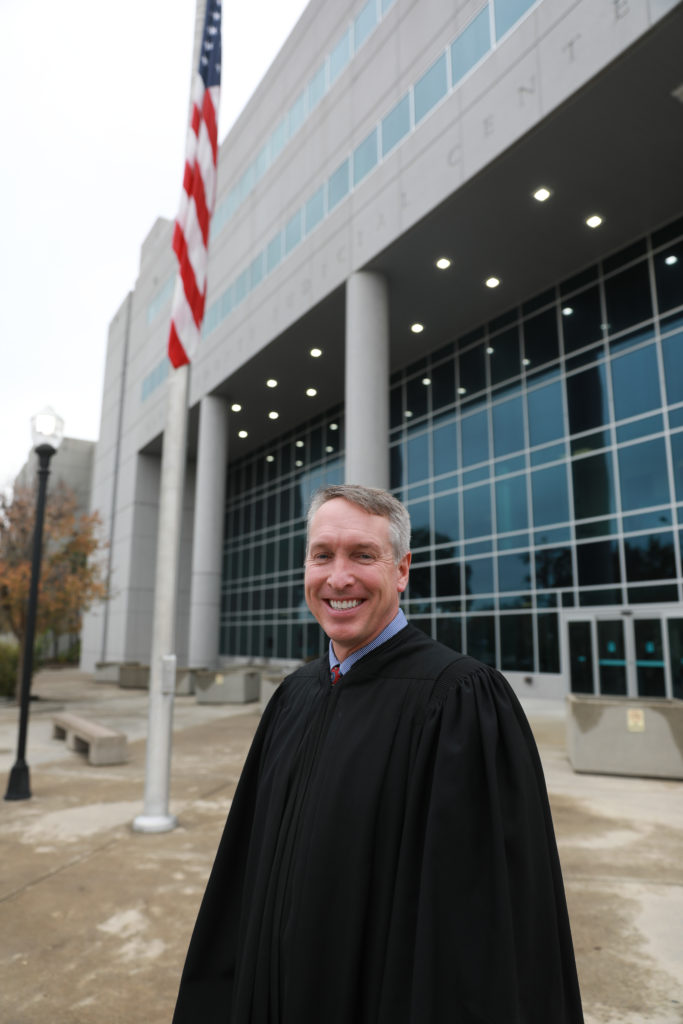Rush to Judgement
Twas the night before Thanksgiving, when all through the courthouse, not a creature was stirring. Except in courtroom 2A where a jury was deliberating in a criminal case. The reason a jury trial was conducted the day before a major holiday was based upon something arguably as “American” as Thanksgiving itself… the defendant’s right to a speedy trial.
 The right to a speedy and public trial is guaranteed by the Sixth Amendment to the United States Constitution. This constitutional provision is contained in Florida Rule of Criminal Procedure 3.191, which provides that every person charged with a crime is to be brought to trial within 90 days of their arrest if the crime charged is a misdemeanor or within 175 days if charged with a felony.
The right to a speedy and public trial is guaranteed by the Sixth Amendment to the United States Constitution. This constitutional provision is contained in Florida Rule of Criminal Procedure 3.191, which provides that every person charged with a crime is to be brought to trial within 90 days of their arrest if the crime charged is a misdemeanor or within 175 days if charged with a felony.
This does not mean all criminal cases are resolved within the time periods provided by the speedy trial rule. Like other constitutional rights, a defendant may voluntarily waive their right to a speedy trial and ask for their case to be continued beyond the speedy trial period. The primary reason for doing so may be summed up in one simple word: time.
Upon being appointed or retained to represent a defendant in a criminal case, defense attorneys need time to investigate the basis for the criminal charges, file pre-trial motions, etc. In felony cases, both the prosecution and defense have the right to take the depositions of potential witnesses. The ability to effectively prepare a case for trial is often impractical—if not impossible—within the speedy trial period, and a defendant’s waiver of right to speedy trial is routinely filed in serious criminal cases.
But when a defendant does not wish to waive their right to speedy trial, the court is obligated to set the case for trial. This was the exact situation in my Thanksgiving Eve trial where the defendant refused to agree with his attorney’s request for the case to be continued.
Like most rules, Florida’s speedy trial rule contains an exception that permits extension of the speedy trial period due to exceptional circumstances. In Wright v. State, 486 So.2d 651 (Fla. 3rd DCA 1986), the appellate court upheld the trial judge’s decision to extend the speedy trial period due to a victim’s inability to appear for trial during the speedy trial period because of the victim’s unexpected hospitalization and doctor-ordered bed rest.
Judges must constantly assure the protection of a criminal defendant’s constitutional rights. But when faced with the potential of being sentenced to prison, a defendant’s waiving the constitutional provision for a speedy trial may be the “right” thing to do.
Judge Steven G. Rogers currently serves as a circuit court judge. He lives in Ocala with his wife, three children and an extremely spoiled Australian Shepherd.






